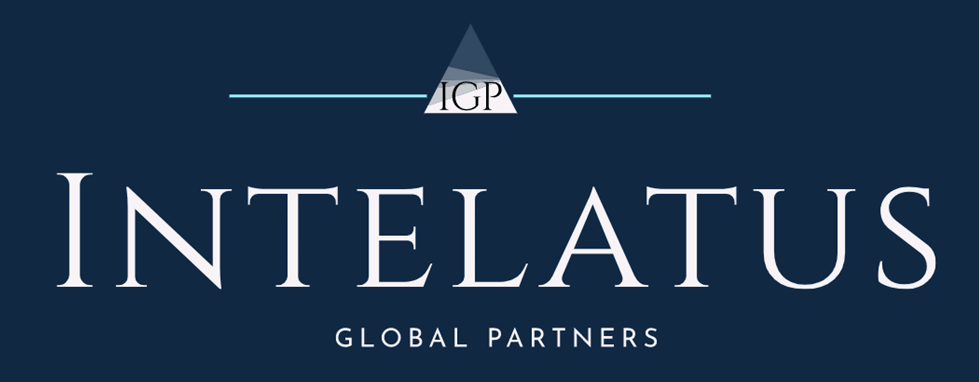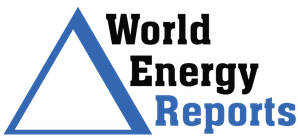Woodside Blocks Shell Shares Buyback
Buyback fails to win 75 percent support; Shell left with 13.6 pct stake in Woodside. Woodside opposes buyback to all shareholders on same terms, shares fall 1.8 pct.
Woodside Petroleum Ltd failed to win shareholder approval to buy back $2.68 billion of its shares from Royal Dutch Shell Plc, Australia's top oil and gas company said after a vote on Friday.
Defeat of the buyback leaves Shell holding a 14 percent stake in Woodside that it intends to sell, which will continue to weigh on the Australian company's shares, an overhang Woodside was trying to remove.
The buyback won 72 percent support but needed 75 percent approval to go ahead, Woodside said. Its shares were trading down 1.8 percent at A$41.76 after the final vote count was released, in a broader market down 1.5 percent.
Shell, a long-time investor in Woodside, was aiming to sell down its stake from 23.1 percent to 4.5 percent as part of a series of global asset sales to help cut soaring costs and boost returns to shareholders.
Half of the share parcel was sold to institutions, while Woodside planned to buy back and cancel the remaining 78.3 million shares in a bid to smooth the impact of Shell's sell-down.
However, the buyback was opposed by some investors as it did not treat all shareholders equally and would have given Shell access to A$1 billion ($929 million) in tax credits coveted by Australian investors.
Woodside chairman Michael Chaney acknowledged the issue ahead of the vote, telling a shareholders meeting the board had not been looking for the best way to execute a buyback.
"The buyback was merely an efficient mechanism to assist with the exit of Shell from the register and the only option available to achieve our aim," Chaney said.
Shell said following the vote that it is "reviewing its options in relation to its remaining 13.6% holding in Woodside."
One investor that opposed the plan, Plato Investment Management, said the deal discriminated against Australian pension funds and charities, who would have had more to gain than Shell from the local tax credits.
"If the selective buy-back is not approved, we will lobby Woodside to undertake an open access buy-back on broadly similar terms to the selective buy-back," Plato said on its web site (www.plato.com.au).
Chaney said a broader buyback was not the answer and did not spell out an alternative plan, adding only that the board would continue to review the company's capital position.
"An equal access off-market buyback would involve less certainty regarding the price and quantum of the buyback depending on shareholder participation and would not provide an orderly reduction of Shell's shareholding in Woodside," he said.
Shell has long flagged it wanted to sell its stake in Woodside, part of a long retreat from a company it tried to take over in 2001. Chief Financial Officer Simon Henry told reporters on Thursday that Shell was not dependent on the buyback going ahead to meet its target of selling $15 billion in assets.
He said Shell would take its time to consider its options if the Woodside sale did not go ahead.
Shell already sold a 9.5 percent stake to institutions in June for A$3.24 billion. The buyback would have taken the total to $5.7 billion.
By Sonali Paul

